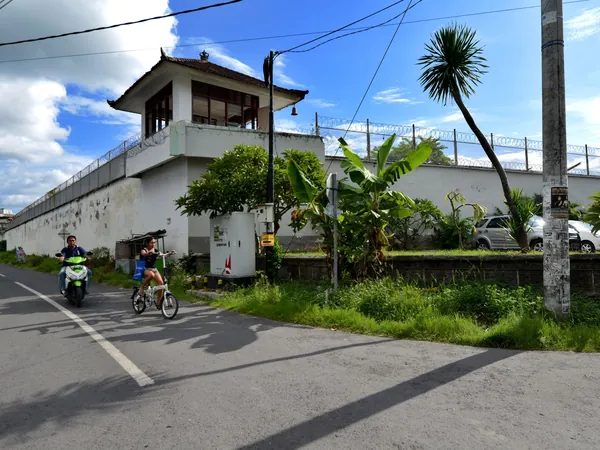
Historic Repatriation: Five Members of the Bali Nine Return to Australia After Nearly Two Decades
2024-12-15
Author: Michael
Introduction
In a significant turn of events, five members of the notorious “Bali Nine” drug trafficking ring have returned to Australia after spending 19 years in Indonesian prisons. This repatriation followed extensive diplomatic negotiations between Australia and Indonesia, culminating in a deal finalized this month.
Background of the Bali Nine
The group was originally arrested in 2005 while attempting to smuggle over 8 kilograms of heroin from Bali, a popular travel destination. Their operation struck a chord internationally and generated much controversy, particularly after the executions of two ringleaders, Andrew Chan and Myuran Sukumaran, in 2015. Their deaths drew widespread condemnation from Australia, leading the Australian government to recall its ambassador from Indonesia.
The Return of the Members
Among the five men returning home—Matthew Norman, Scott Rush, Martin Stephens, Si Yi Chen, and Michael Czugaj—there has been a mix of personal stories and public scrutiny. While they will now have the chance to resume their lives in Australia, the government has asserted that they will undergo thorough rehabilitation and reintegration processes.
Government Remarks
Prime Minister Anthony Albanese expressed gratitude towards Indonesian President Prabowo Subianto for facilitating their return. He remarked, “Australia recognizes Indonesia's serious challenges posed by illicit drugs and remains committed to collaborating on combating narcotics trafficking and transnational crime.”
Terms of the Agreement
Though the Australian government has not disclosed the specific terms of the agreement with Indonesia, discussions were reported to have intensified after a bilateral meeting between President Prabowo and Albanese during the recent APEC summit in Peru. Indonesian authorities indicated that for the repatriation to occur, the men would be prohibited from re-entering Indonesia, respecting the verdicts of Indonesian courts, and ensuring Australia's legal assurances upon their return.
Implications of Harsh Drug Laws
In the context of Indonesia's strict drug laws—some of the harshest in the world, including mandatory death sentences for trafficking—this development reignites discussions on the broader issue of international drug laws and human rights. With Bali being a popular destination for millions, the arrests of foreign nationals for drug offenses remain a pressing issue.
Australia’s Role and Backlash
Interestingly, Australia has faced backlash for its role in tipping off Indonesian authorities about the Bali Nine's smuggling plans, despite the potential for severe consequences—death penalties included.
Current Status and Future Discussions
As of now, the men are free and will not be required to serve any additional time in Australian prisons. There are also ongoing discussions within Indonesia to negotiate the repatriation of other foreign prisoners, indicating a shift in the handling of international prisoner exchanges.
Conclusion
The Bali Nine saga represents a complex intersection of legal, moral, and diplomatic challenges that continue to resonate across borders, reflecting evolving attitudes toward drug policy and national cooperation. How will Australia and Indonesia navigate future cases? Time will tell.

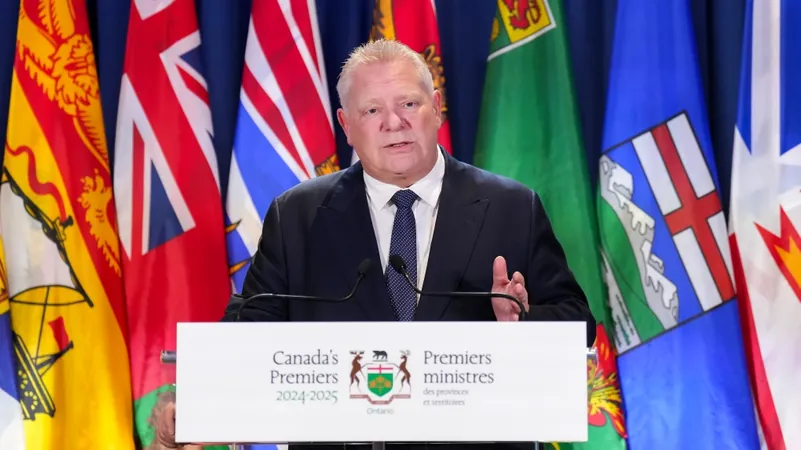
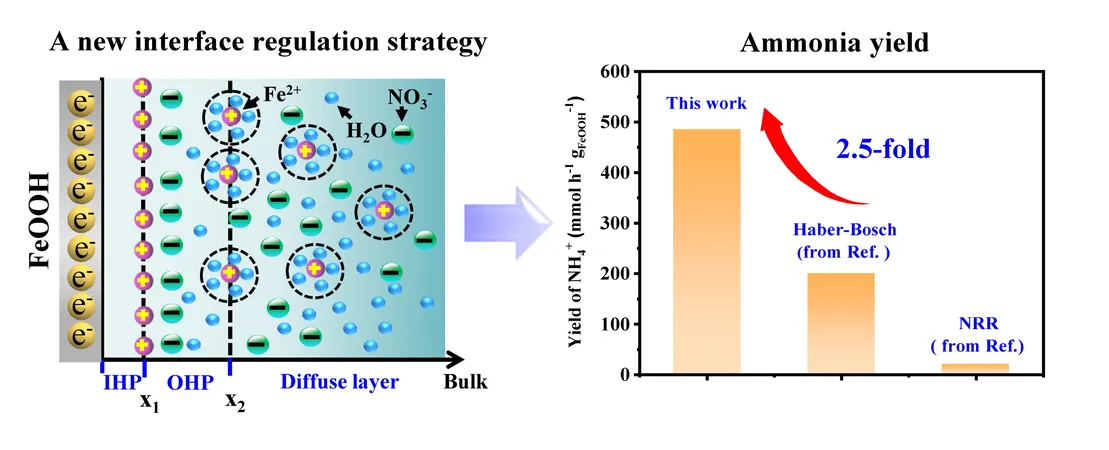

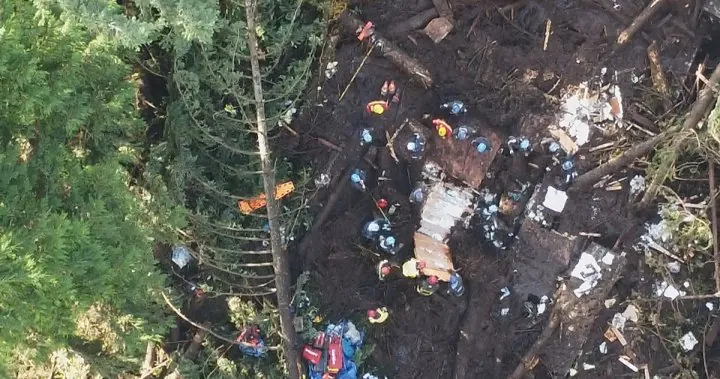
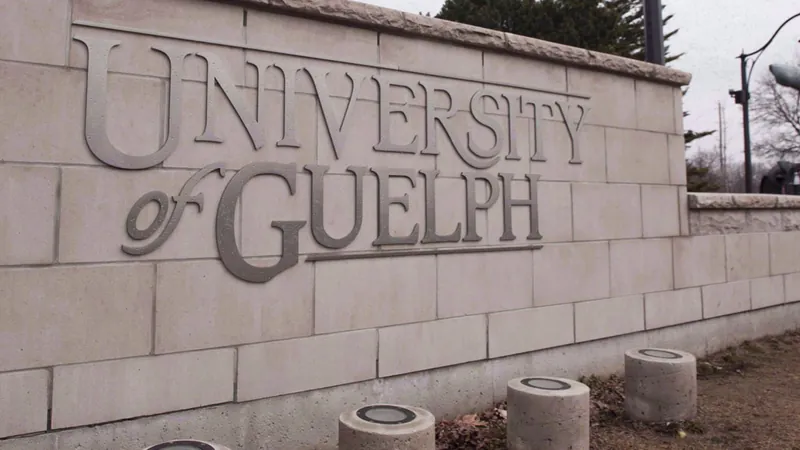



 Brasil (PT)
Brasil (PT)
 Canada (EN)
Canada (EN)
 Chile (ES)
Chile (ES)
 España (ES)
España (ES)
 France (FR)
France (FR)
 Hong Kong (EN)
Hong Kong (EN)
 Italia (IT)
Italia (IT)
 日本 (JA)
日本 (JA)
 Magyarország (HU)
Magyarország (HU)
 Norge (NO)
Norge (NO)
 Polska (PL)
Polska (PL)
 Schweiz (DE)
Schweiz (DE)
 Singapore (EN)
Singapore (EN)
 Sverige (SV)
Sverige (SV)
 Suomi (FI)
Suomi (FI)
 Türkiye (TR)
Türkiye (TR)